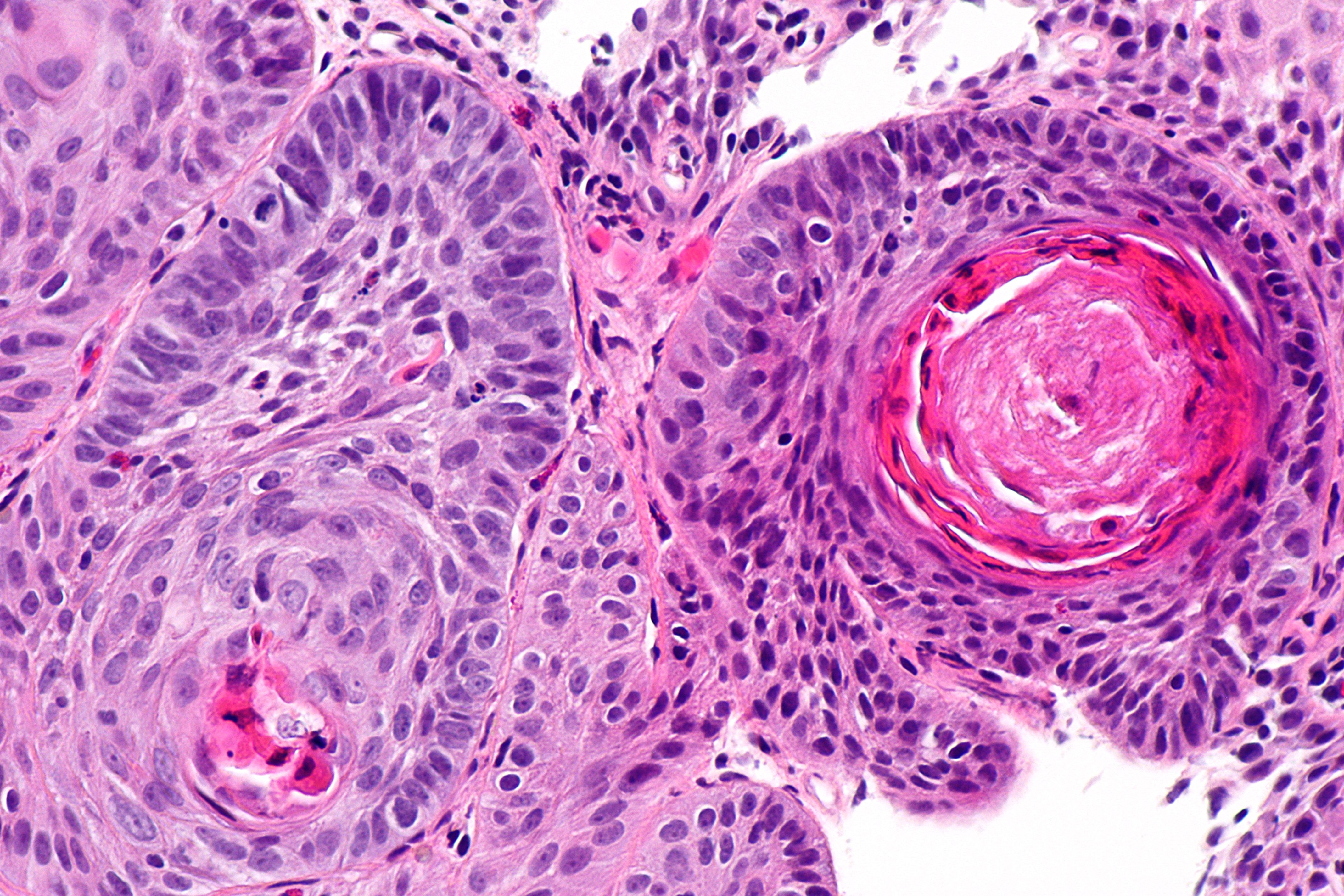Longer Surgery Delay After CRT Does Not Improve Esophageal Cancer Responses
Data from the NeoRes II trial caution against routinely delaying surgery for more than 6 weeks after patients with resectable locally advanced esophageal cancer receive neoadjuvant chemoradiotherapy.
"...Prolonged time to surgery did not improve histological [CR] or other pathological endpoints, while there was a strong trend towards worse overall survival, suggesting caution in routinely delaying surgery for more than 6 weeks after [neoadjuvant] CRT," according to the study authors.

Prolonging the time between neoadjuvant chemoradiotherapy (CRT) and surgery did not confer improvements in histological complete response (CR) or other pathological end points among patients with resectable locally advanced esophageal cancer, according to findings from the NeoRes II trial (NCT02415101).
The histological CR rate in the primary tumor of those with adenocarcinoma was 26% in patients with a prolonged time to surgery compared with 21% in those with a standard time to surgery (P = .429). Investigators also reported no significant differences between these groups with respect to overall tumor regression grade, tumor-free resection margins, and number of resected or metastatic lymph nodes.
Of patients allocated to prolonged time to surgery, 25% died by 14.2 months (95% CI, 12.0-16.5). Additionally, 25% of patients assigned to standard time to surgery died by 26.5 months (95% CI, 16.9-34.0). Overall, investigators reported no significant difference in mortality between patients assigned to prolonged or standard time to surgery across the entire study period (HR, 1.35; 95% CI, 0.94-1.95; P = .107).
“There was no significant difference in overall, loco-regional, distant or combined loco-regional-distant recurrences in surgically resected patients allocated to prolonged [vs] standard time to surgery, nor between those operated per protocol within the standard and prolonged timeframes,” the study authors wrote. “...Prolonged time to surgery did not improve histological [CR] or other pathological endpoints, while there was a strong trend towards worse overall survival, suggesting caution in routinely delaying surgery for more than 6 weeks after [neoadjuvant] CRT.”
The NeoRes II trial is the first randomized trial designed to compare standard with prolonged time to surgery following neoadjuvant CRT in patients with esophageal cancer. Patients assigned to the prolonged delay group underwent surgery at 10 to 12 weeks following neoadjuvant CRT, and those assigned to the standard delay group proceeded to surgery at 4 to 6 weeks after neoadjuvant CRT.
All patients received neoadjuvant CRT consisting of 5 cycles of carboplatin at area under the curve of 2 mg/mL per minute plus paclitaxel at 50 mg/m2 of body-surface area. Radiation included a total concurrent dose of 41.4 Gy in 23 fractions of 1.8 Gy starting on the first day of the chemotherapy cycle.
The trial’s primary end point was the histological CR rate in the primary tumor of those with adenocarcinoma. Secondary end points included histological CR in the primary tumor of patients with squamous cell carcinoma and all patients together plus tumor regression grade.
Patients 80 years and younger with baseline clinical stage T1N1-3M0 or T2-4aN0-3M0 disease were eligible for enrollment on the trial. Additional eligibility criteria included having an ECOG performance status of 0 to 1 prior to neoadjuvant treatment and being physiologically and technically operable following neoadjuvant CRT.
A total of 249 patients enrolled on the trial, including 125 who were assigned to the standard time cohort and 124 to the prolonged delay cohort. The median time to surgery in the standard and prolonged groups, respectively, was 39.5 days and 75 days. Additionally, 3 patients crossed over from standard to prolonged time to surgery, and 1 crossed over from prolonged to standard delay. Investigators highlighted that baseline characteristics were comparable between the 2 groups.
In the adenocarcinoma population, a 25% mortality rate was reached after 29.7 months (95% CI, 16.7-36.0) and 14.2 months (95% CI, 11.3-17.5) in patients allocated to standard and prolonged time to surgery, respectively; this demonstrated no significant differences in mortality between these groups across the entire study period (HR, 1.43; 95% CI, 0.95-2.2; P = .089). Among patients with squamous cell carcinoma, a 25% mortality rate was reported at 22.0 months (95% CI, 1.7-29.1) in the standard time group and 13.6 months (95% CI, 7.1-23.9) in the prolonged time group. There were no differences in mortality between these interventions in the squamous cell carcinoma population (HR, 1.02; 95% CI, 0.46-2.26; P = .955).
Investigators reported no significant differences in overall survival between standard and prolonged time to surgery in patient subgroups based on age, sex, performance status, comorbidity, and tumor location.
Reference
Nilsson K, Klevebro F, Sunde B, et al. Oncological outcomes of standard versus prolonged time to surgery after neoadjuvant chemoradiotherapy for oesophageal cancer in the multicentre randomised controlled NeoRes II trial. Ann Oncol. Published online August 30, 2023. doi:10.1016/j.annonc.2023.08.010
Progress Reported in Advanced Esophageal Cancer
June 7th 2010Meeting podcast: Listen to nationally regarded GI cancer specialist and clinical researcher, Peter C. Enzinger, MD, Assistant Professor of Medicine, Dana-Farber Cancer Institute, discuss new developments and trends in the management of esophageal cancer.